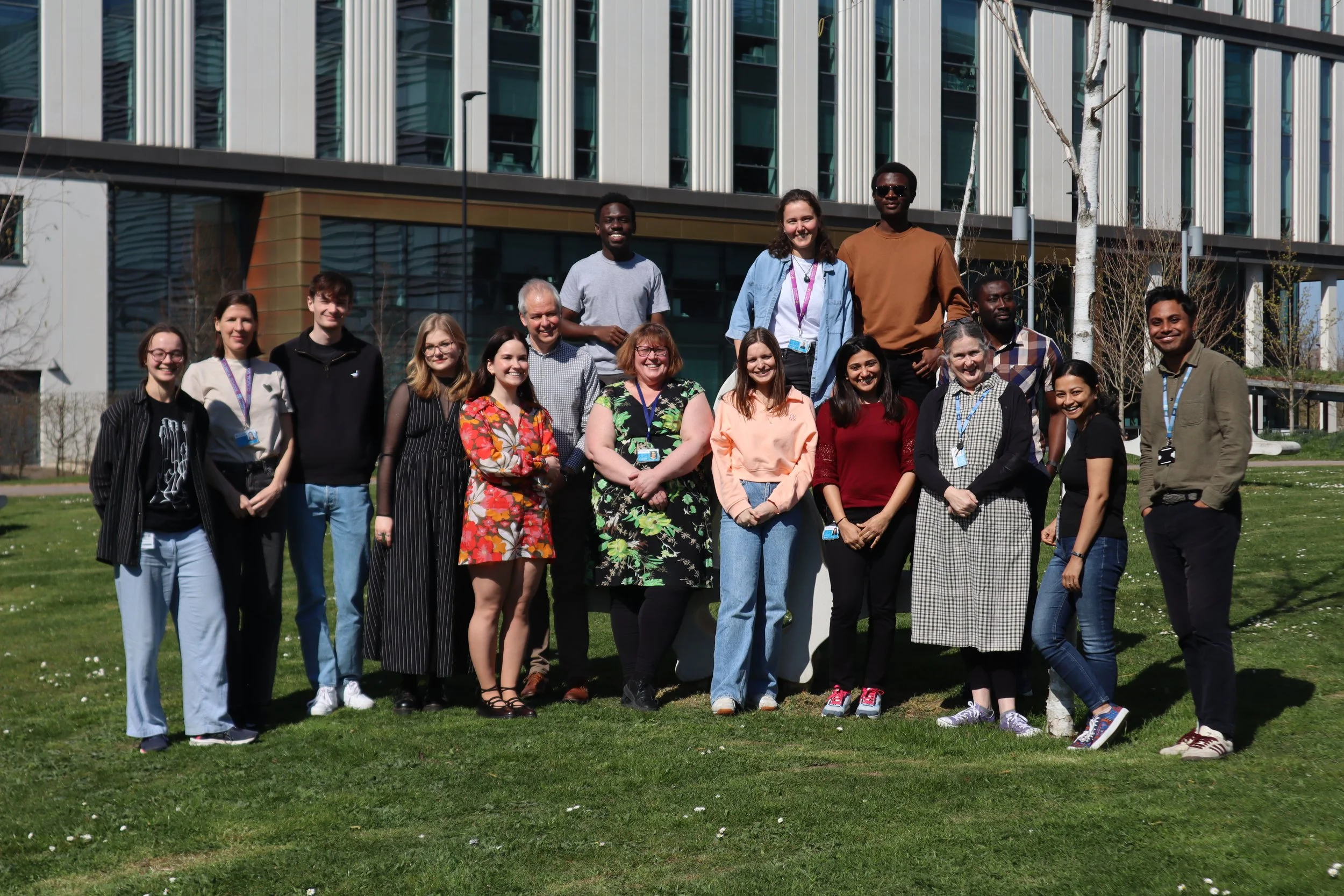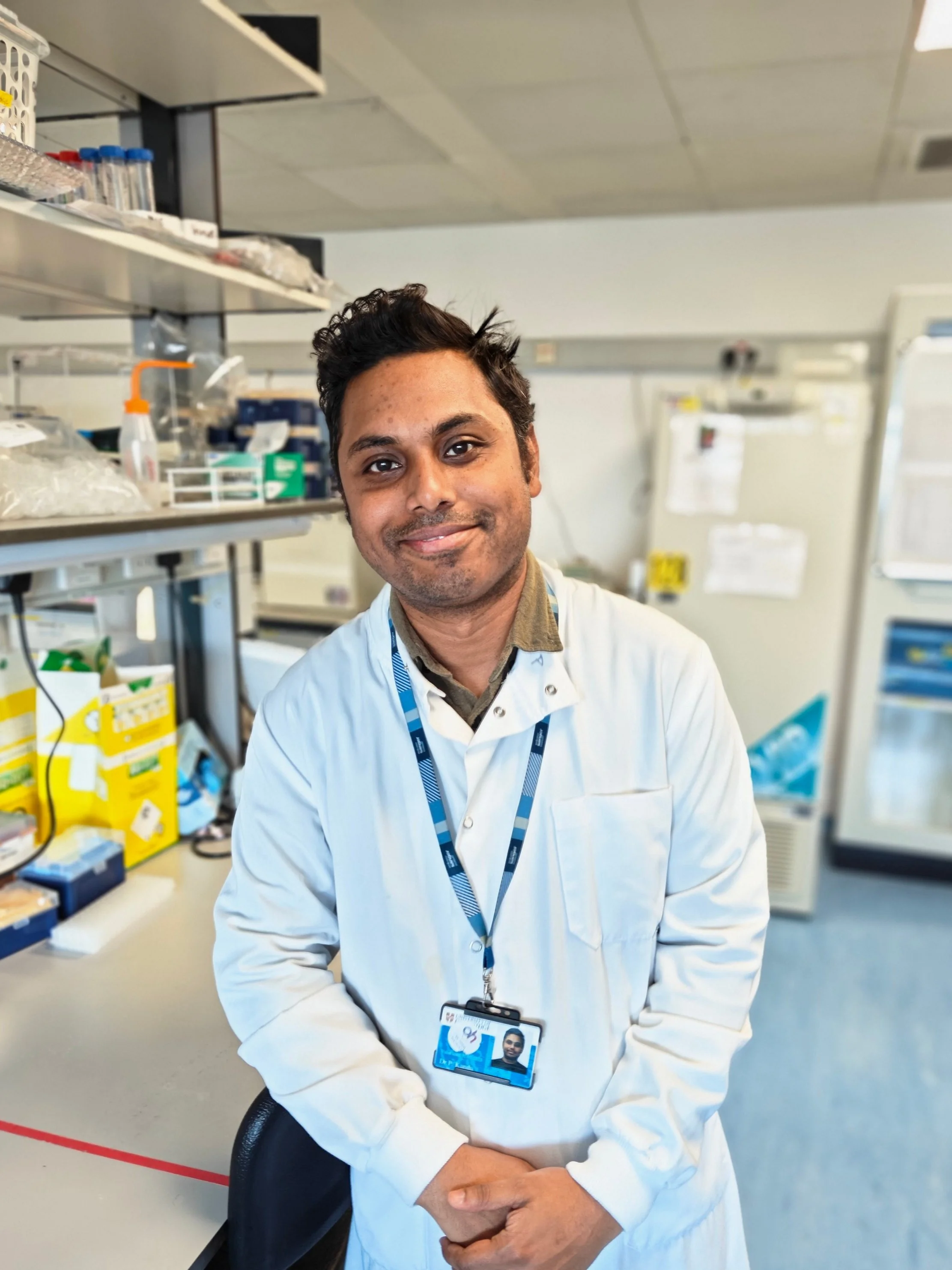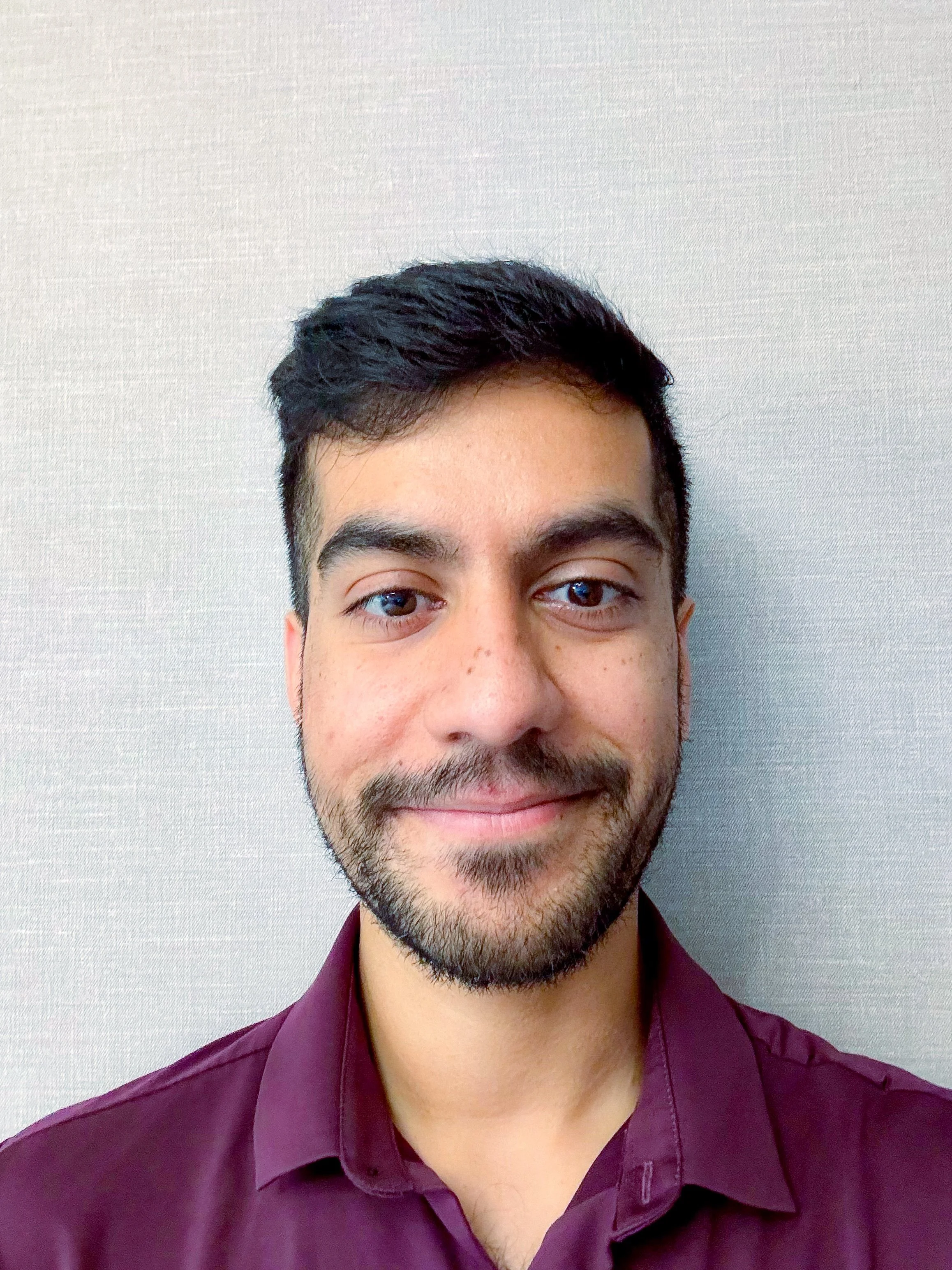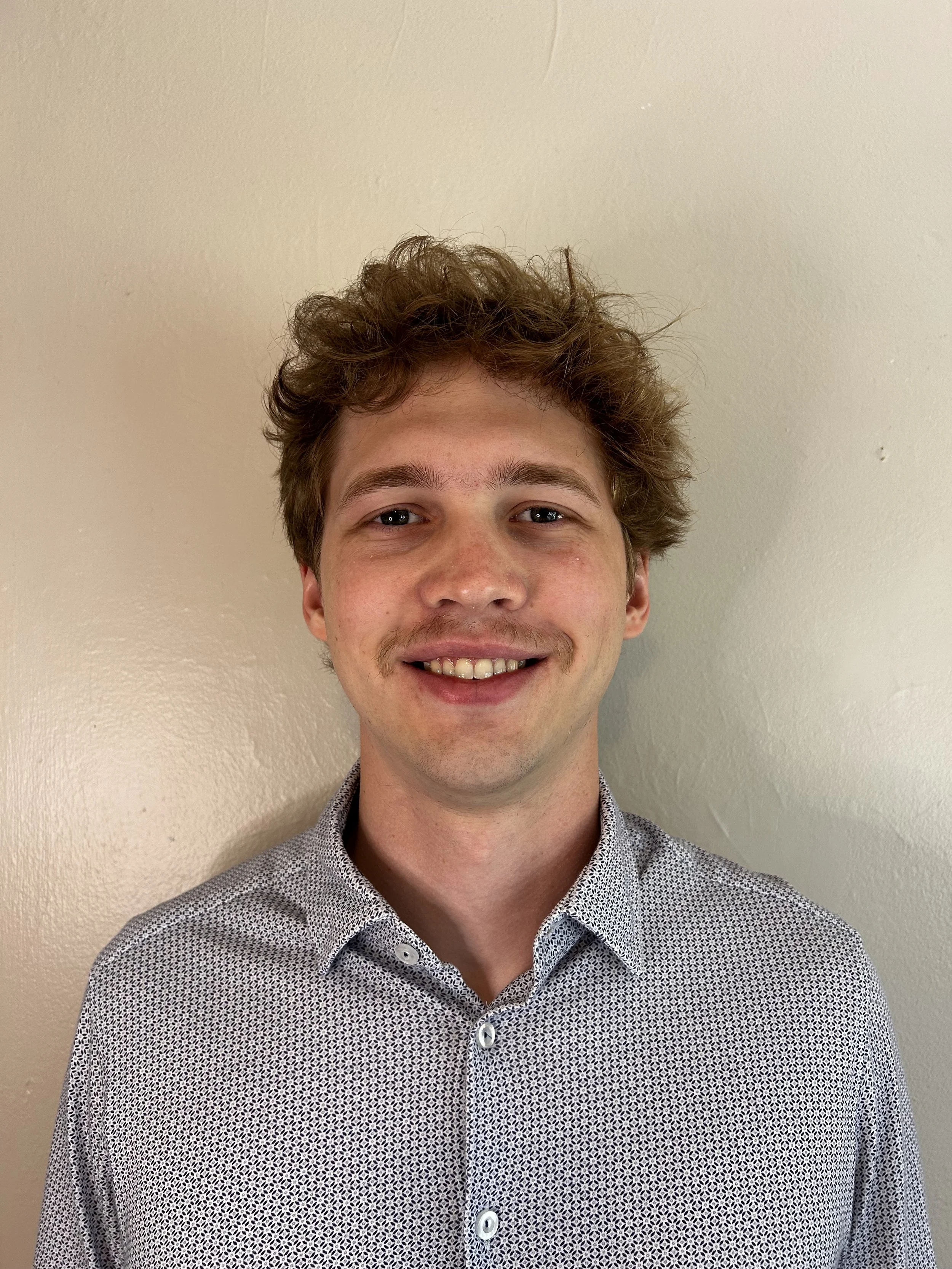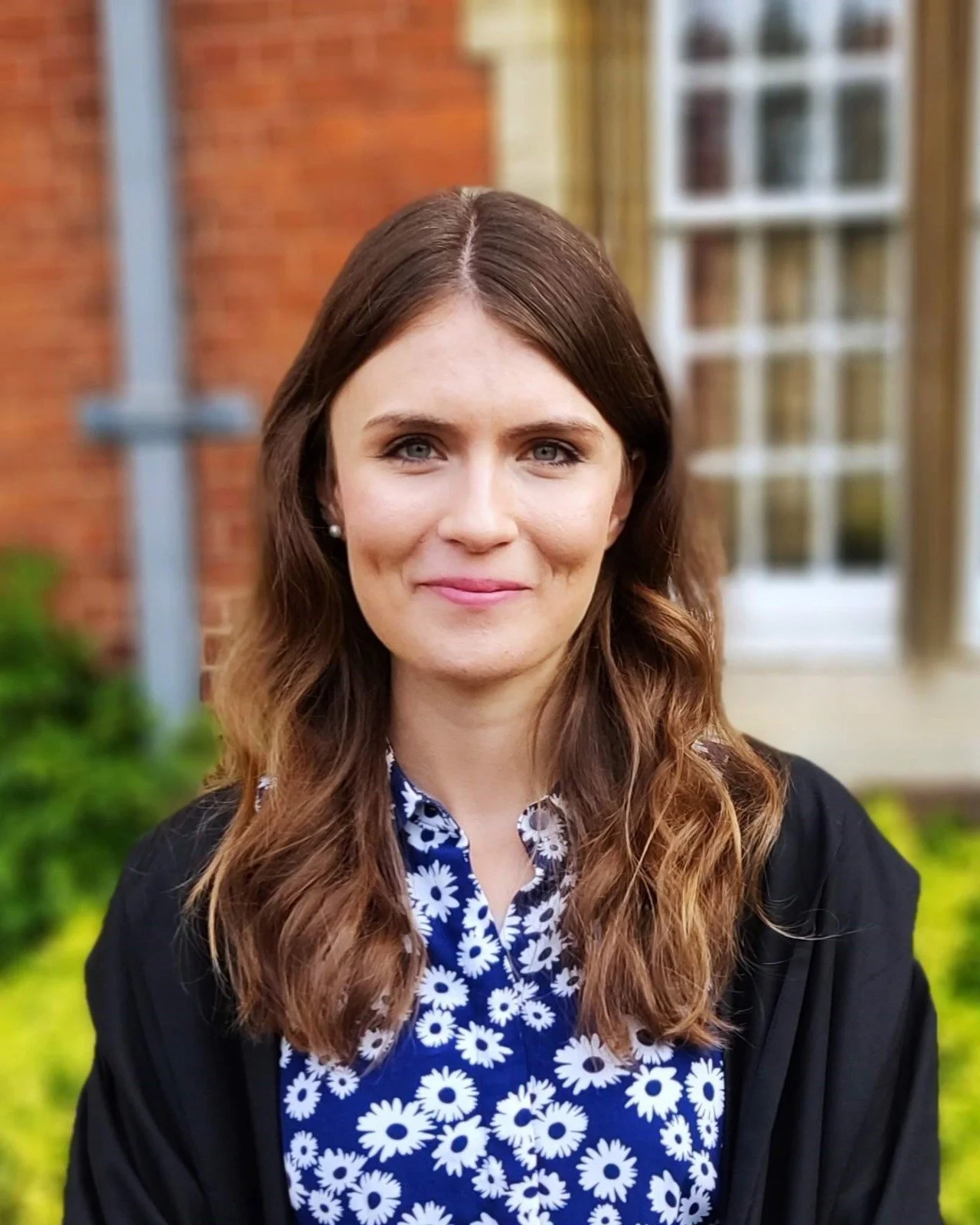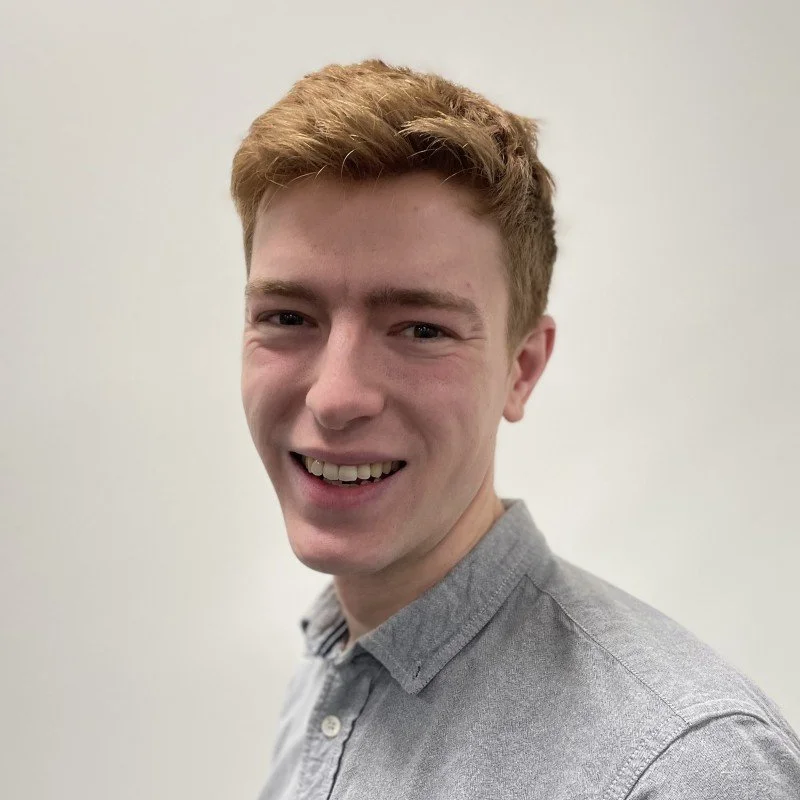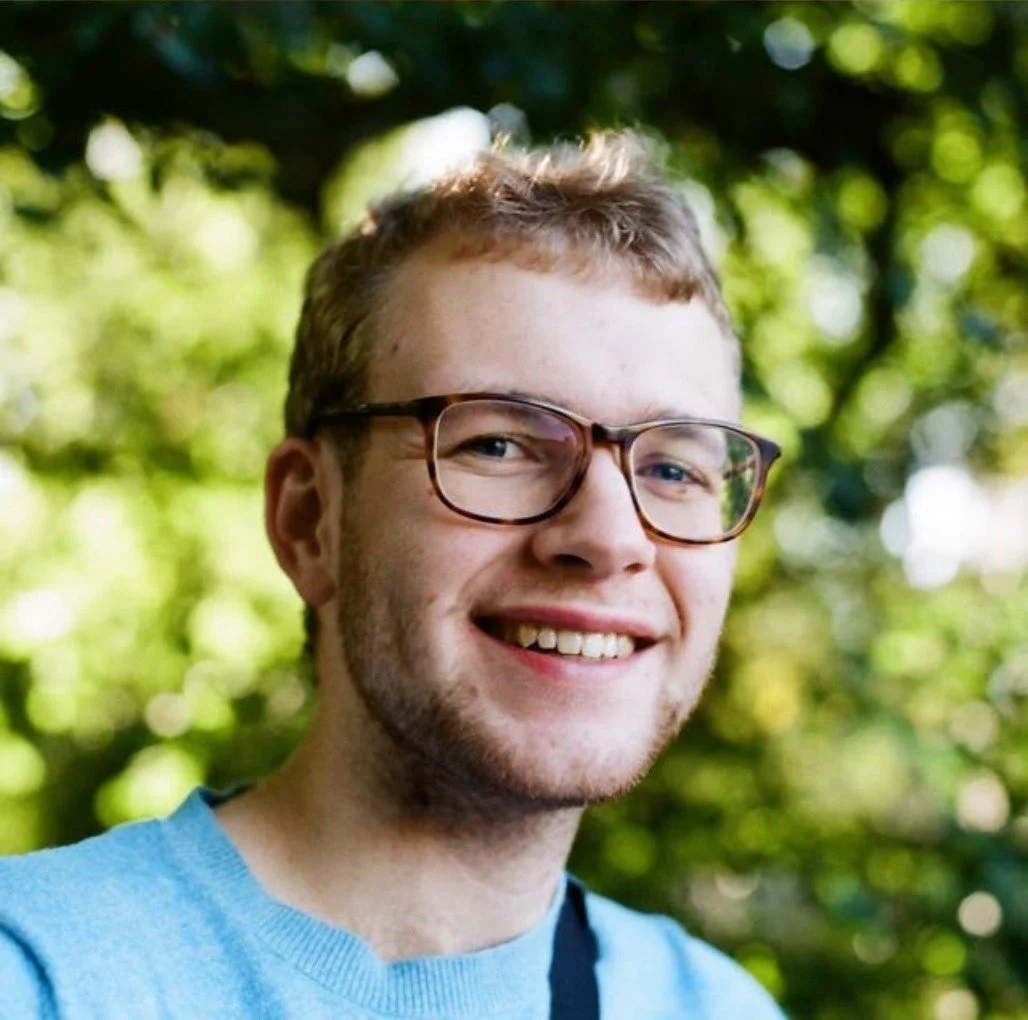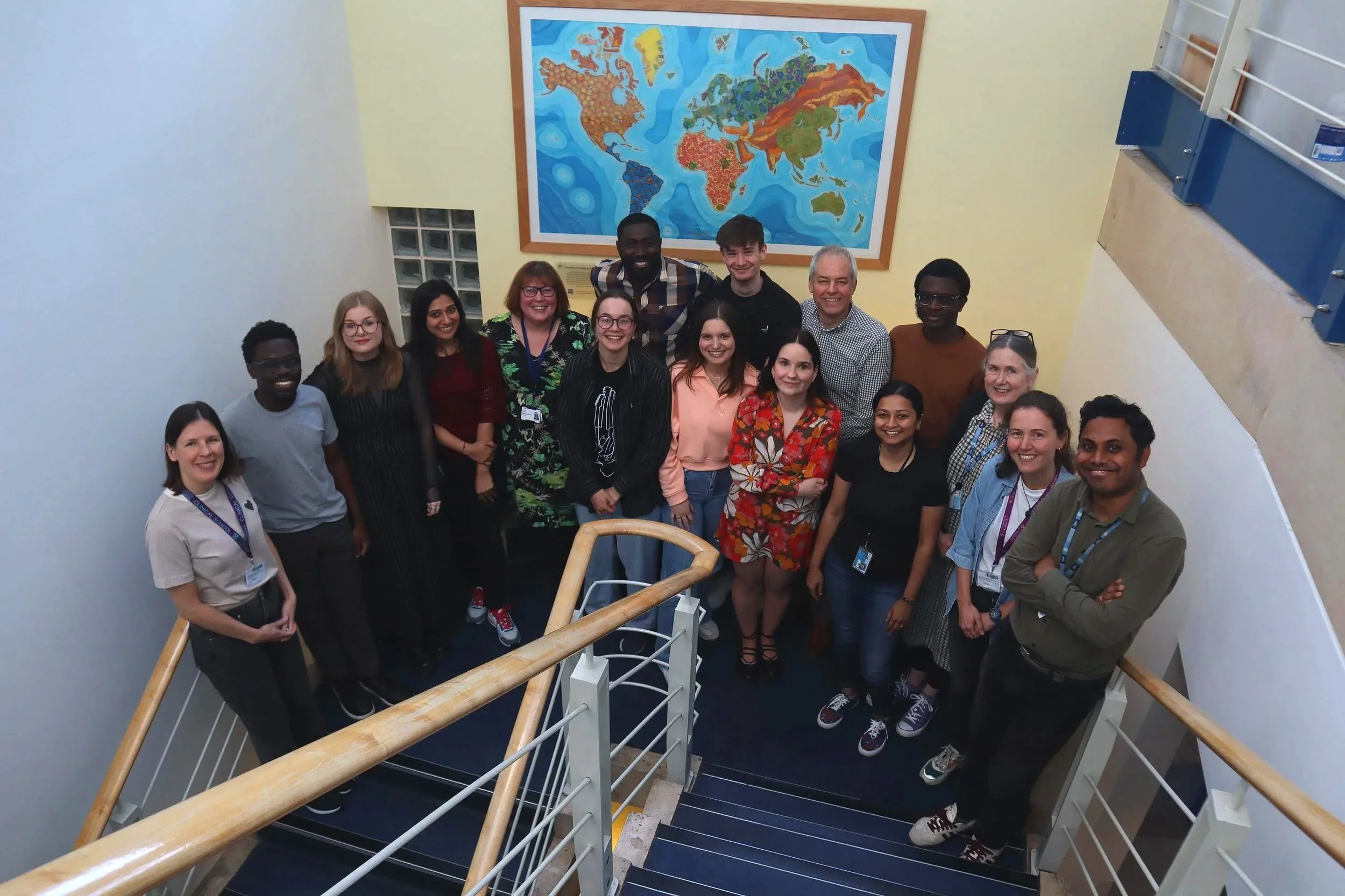
Our Team
With our team, we are committed to create a positive, collaborative, and open-minded environment. Our team values are shown in the word cloud.
Who are we?
Julian Rayner
Professor and Director of the Cambridge Institute of Medical Research
I carried out my University, PhD and postdoctoral training in New Zealand, the UK and the USA, and have been running a lab focussed on malaria parasites and their interactions with human red blood cells since 2002. The amazing research carried out by the team is described elsewhere on these pages, so I won’t repeat it. I am also Director of the Cambridge Institute for Medical Research, a highly collaborative group of fundamental and clinical researchers aiming to understand the molecular mechanisms of human disease, with a particular focus on how cellular homeostasis is disrupted in rare genetic disease, neurological disease and by intracellular pathogens such as malaria parasites.
Theresa Feltwell
Lab manager
Attempting to understand the relationship between sickle cell and malaria using parasite genome editing and phenotyping assays
Postdoctoral researcher
My project is mapping protein interactions of Plasmodium falciparum invasion ligands involved in the initial stages of host-pathogen interactions during blood-stage infection using proximity-dependent interactomics. I use a combination of genetic engineering, foundational molecular and cellular biology methodologies, proximity-dependent labelling complemented with proteomics
Postdoctoral researcher
I completed my PhD in Edinburgh, exploring interspecies interactions within the African trypanosomes. My current project is focussed on examining redundancy within P. falciparum multigene families that play a role in invasion of the host red blood cell. I developed a pooled transfection and sequencing approach to test multiple mutant combinations at higher throughput, and identify mutant combinations that are most detrimental to parasite multiplication.
Postdoctoral researcher
I am Prasun Kundu, a researcher passionate about translational vaccine research. I earned my Ph.D. in Structural Biochemistry from the Indian Institute of Technology (IIT) Kharagpur, India. I then worked as a postdoctoral fellow at The Hospital for Sick Children (SickKids), Toronto, focusing on structure-based immunogen design of Pfs48/45, a potent Plasmodium falciparum transmission-blocking vaccine (TBV) candidate. Since joining the Rayner Lab in 2019, my research has applied a reverse vaccinology approach to identify and prioritise next-generation vaccine targets against Plasmodium vivax, the most widely distributed malaria parasite worldwide. Over the years, I have developed expertise in protein expression in mammalian cells (HEK), protein purification, antibody generation, protein crystallisation and structure determination, parasite culture (Plasmodium knowlesi), small-scale growth inhibition assays, flow cytometry-based red blood cell binding assays, and CRISPR-Cas9 gene editing.
Postdoctoral researcher
I am Deboki Naskar, PhD in Cell & Molecular Biology and Tissue Engineering from Indian Institute of Technology (IIT) Kharagpur, India. I joined Rayner lab in a vaccine screening project where we screened a set of potential blood stage Plasmodium vivax candidates using a systematic reverse vaccinology approach. I am currently studying high-throughput functional genomics in the malaria parasite Plasmodium knowlesi using piggyBac based transposon mutagenesis, which allows me to investigate gene functions critical for parasite survival, drug resistance, and pathogenesis. My work involves Molecular Biology, parasite culture, parasite genome editing (both targeted and random), Flow Cytometry, and Microscopy.
Postdoctoral researcher
I grew up in the Netherlands, where I did my bachelor and master’s in Molecular Mechanisms of Diseases at the Radboud University in Nijmegen and stayed for my PhD in the lab of Dr Taco Kooij. I’m currently characterising proteins of the expanded tryptophan-rich antigen (TRAg) family in P. knowlesi, to explore their potential as blood-stage vaccine candidates, using genetic engineering, high-resolution microscopy and biochemical assays.
Postdoctoral researcher
Vitória Baptista
Postdoctoral researcher
My PhD project aims to identify novel Plasmodium vivax blood-stage malaria vaccine targets by mapping parasite protein distributions using spatial proteomics (HyperLOPIT) and confirming their predicted subcellular localisations through CRISPR/Cas9 tagging. Following localisation validation, I will use functional assays to evaluate the vaccine potential of these candidate proteins. Before this PhD, I worked on malaria from different perspectives: examining P. falciparum malaria vaccine responses at The University of Oxford and using bioinformatic tools to prioritise Plasmodium vivax malaria vaccine targets here at the University of Cambridge.
PhD student
Lewis Strachan
PhD student
Davis Yawe
MPhil student
Anna Kuroshchenkova
Research assistant
I investigate the impact of human genetic variants on red blood cells and P. falciparum parasites, the work is specifically focused on variants of Duffy (DARC) and GYPA/B/E genes. My work is aimed at shedding light on the molecular mechanisms by which natural human genetic variants protect against malaria.
Postdoctoral researcher
My PhD research focuses on characterising the Plasmodium falciparum myosin motor proteins to investigate their essentiality and druggability as antimalarials. To achieve this, I combine several cell biology techniques, recombinant protein engineering, biophysical as well as interactomics studies using proteomic platforms. I have also employed an inducible CRISPR-Cas9 mediated ribozyme system to conditionally manipulate the proteins in the asexual and gametocyte stages of the parasite. My work spans between the malaria lab at WACCBIP, Ghana and here in CIMR between the Rayner lab and the Buss lab.
Visiting PhD student
Alumni
I undertook my PhD in the Rayner lab, as part of the MRC-DTP 2019 cohort, developing a novel platform for antimalarial drug target identification using large-scale transfection and next generation sequencing in Plasmodium knowlesi. Following a short postdoctoral position in the lab, I relocated to Columbia University, New York in 2025 to research the genetic architecture of malaria drug resistance in Africa.
PhD student, postdoctoral researcher
I had my first degree in Agricultural science before switching over to Molecular biology for my masters. This was after I had worked with a research centre (WACCBIP) for a couple years. I am currently using a CRISPR/Cas9-mediated glmS ribozyme knockdown approach to determine the essentiality of two potential malaria vaccine candidates (Pfarma and Pfmaap).
Visiting master student
I hold a PhD in Life Sciences from Anglia Ruskin University and have a strong background in infectious disease research. During my time as a Research Assistant at the Rayner Lab, CIMR, University of Cambridge, I focused on studying Plasmodium falciparum to better understand the molecular mechanisms of malaria pathogenesis. Currently, I lead Business Development & Sales at Amar Biosystems, where I promote a microfluidic platform for lipid nanoparticle formulation, while supporting advancements in cell and gene therapy and drug discovery.
Research assistant
During my time in the Rayner lab, I collaborated alongside Dr. Bower-Lepts to develop a high-throughput, scalable platform to screen potential antimalarial compounds using P. Berghei artificial chromosomes, systematically overexpressing potential drug targets in a pooled culture to select for drug resistance over a competitive growth assay. I am currently a second year medical student at the University of Cincinnati, in their Medical Scientist Training Program, where I will complete my MD and PhD!
Visiting researcher
During my PhD I split my time between the Rayner lab and Pietro Cicuta’s lab in the department of Physics. I worked on charactising the interactions important to meriozoite-erythrocyte attachment during invasion using optical tweezers. I also developed two new assays to look at how shear force created by blood flow impacts invasion; a high thoughput shaking assay and a microfludics chip. I am now doing a postdoc at the University of Edinburgh looking at heart development in zebra fish.
PhD student, postdoctoral researcher
I spent a year in the Rayner Lab and I was trained in the use of the CRISPR/Cas9 method. During this time, I generated transgenic Plasmodium falciparum lines in which the merozoite protein PfEBA-140 has been exchanged with its orthologue from P. praefalciparum, a parasite considered as the P. falciparum closest ancestor that infects gorillas rather than humans. This experiment was a continuation of my earlier work on recombinant EBA-140 homolgues from different Plasmodium species and their binding to sialic acid receptors, which differ between humans and apes. I aimed to investigate whether EBA-140 could be a key determinant of Plasmodium host specificity. Currently, I work at the Hirszfeld Institute of Immunology and Experimental Therapy in Wroclaw, Poland, where I focus on the role of glycans in Plasmodium infection.
Visiting PhD student
During my PhD, I used humanised mouse models to investigate the impact of human immune cells on Plasmodium falciparum development. I am currently a postdoctoral researcher studying lymphocyte dynamics in human diseases.
PhD student
After completing my Part II of the Natural Sciences degree in Cambridge University's Department of Genetics, I spent a year in the Rayner lab, characterising novel P. vivax blood-stage vaccine targets. I went on to work in technology transfer and venture capital investing, and am now pursuing a graduate medicine degree at King’s College London.
MPhil student
Carla Briggs
Research assistant
In Rayner's lab I dissected the impact of red blood cell biophysical properties on malaria parasite invasion across different cell genetic background and maturity (I worked with reticulocytes). I am currently a group leader at the Max Planck Center for Physics and Medicine (MPZPM) in Erlangen, Germany, focussing on physical aspects of malaria pathogenesis using 3D in vitro vascular systems.
Postdoctoral researcher
I was a PhD student in the Rayner lab developing and applying next generation sequencing approaches to phenotype P. falciparum knockout lines at scale. Currently I am a postdoc at Harvard in Prof. Manoj Duraisingh's lab, using forward genetics approaches to identify determinants of parasite invasion between host species
PhD student
Kyle is part of the MB/PhD programme, and intercalated with a PhD focussed on the emergence and mechanisms of antimalarial resistance in Latin America. He has return to medical school, and is scheduled to graduate in 2026
PhD student
Beth Harris
Rotation student

